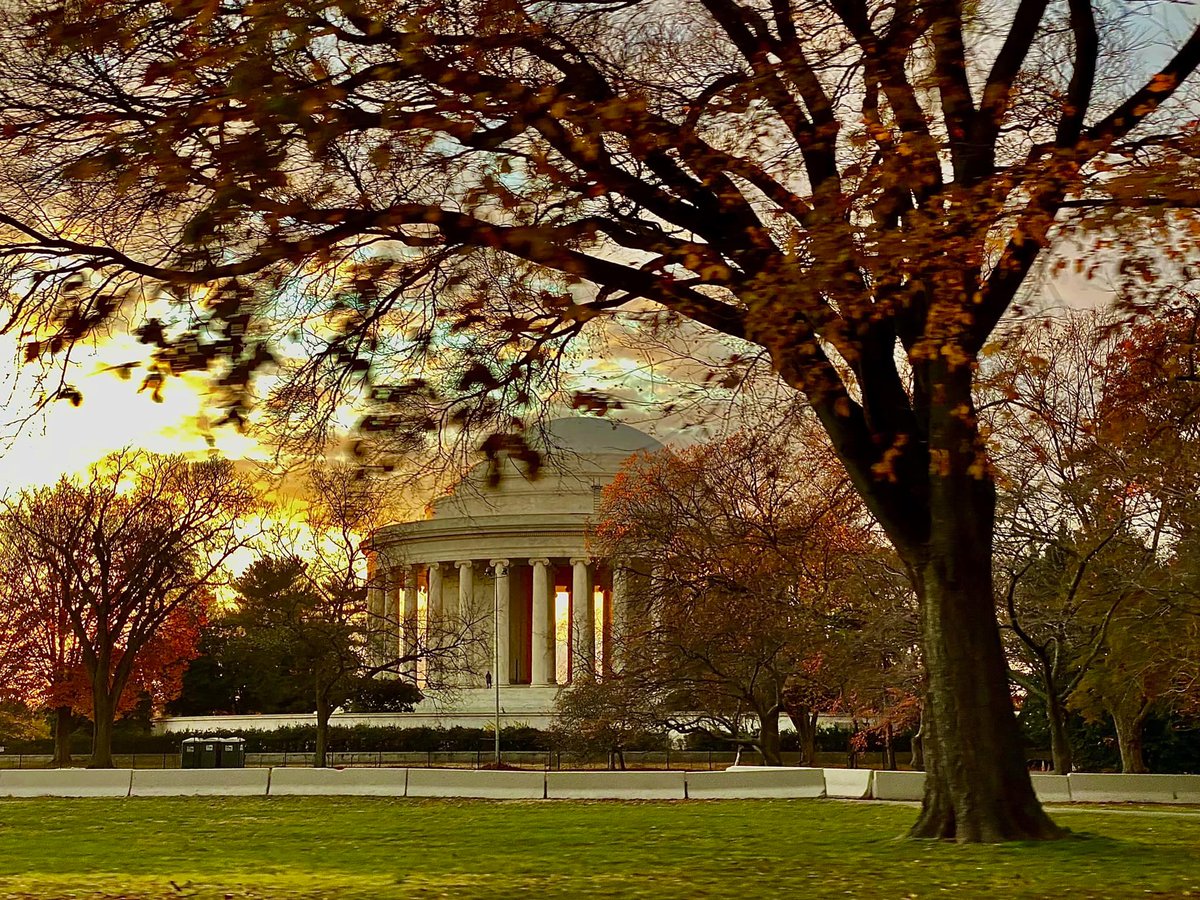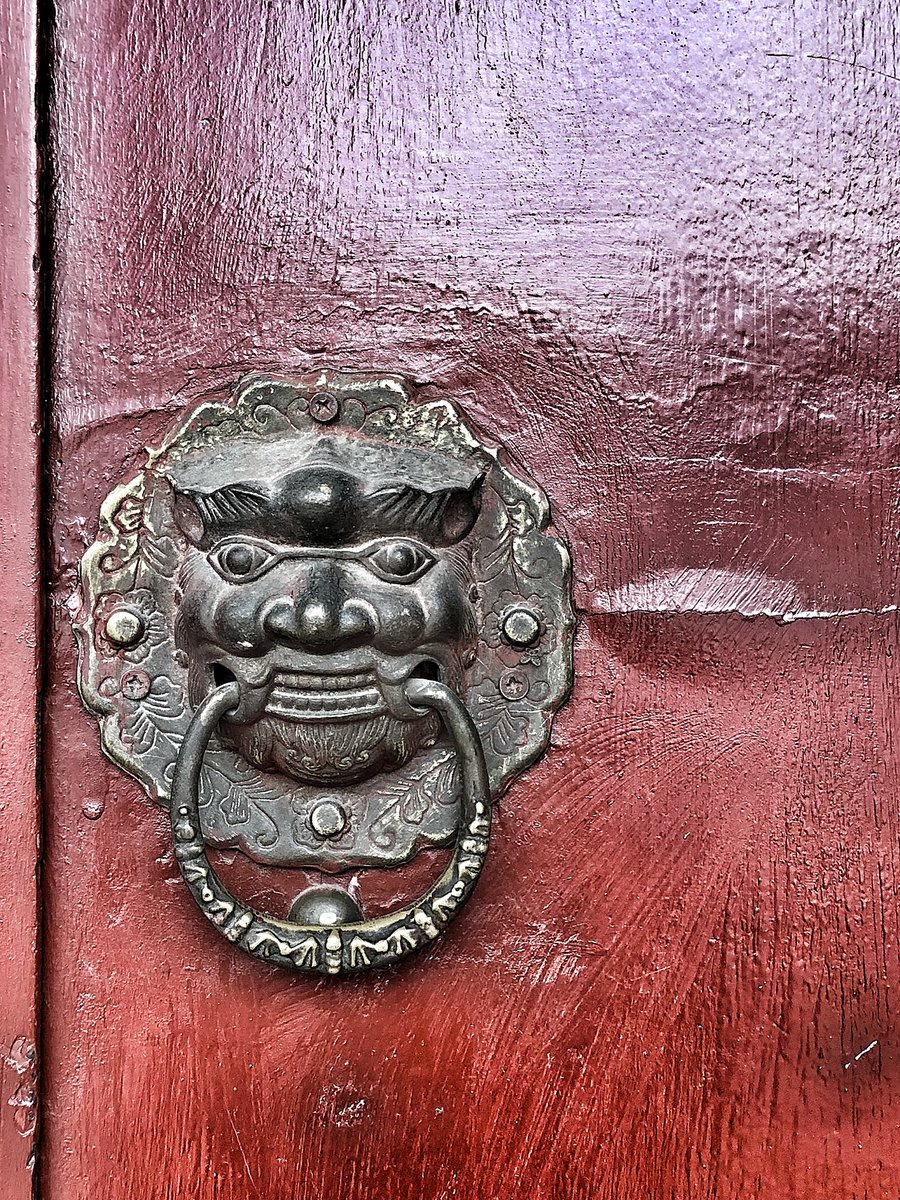1: We’ve added a whopping 11 new scholars to our Washington-based @CarnegieEndow Asia programs over the last three years - six full-time and five nonresident scholars. They are brilliant, innovative, and disruptive to conventional wisdom. If you don’t read their work, you should! 

2: Our unique #IndianOceanInitiative and our islands program are both led by the amazing @darshanabaruah. Her work explores maritime security, India’s naval strategy, island agency in shaping great power competition, and maritime partnerships. carnegieendowment.org/experts/1253
3: We've also done a major buildout in our work on Asian technology futures, not least by welcoming @mattsheehan88, who deeply understands China's tech ecosystem. He studies China’s AI ecosystem - and the role of technology in China’s political economy. carnegieendowment.org/experts/2116
4: The brilliant @kenjikushida leads our work on Japan, which we've pivoted from security to technology. He is perhaps the world's leading expert on Japan's tech ecosystems, Japan in Silicon Valley, and the role of startups in Japan's political economy. carnegieendowment.org/experts/2165
5: An Aussie, @ashleytownshend drives our work on US security alliances, regional defense policies, deterrence and statecraft, and collective approaches to Indo-Pacific strategy against the backdrop not just of growing Chinese power but also multipolarity. carnegieendowment.org/experts/2185
6: One of the most dynamic scholars of Chinese security policy, @IBKardon leads our work on China’s development of maritime power, with research on China’s maritime disputes and law of the sea issues, global port development, and PLA overseas basing. carnegieendowment.org/experts/2273
7: And we are about to welcome the fabulous @elinanoor to lead our work on Southeast Asia, including the role of technology in shaping institutions and governance structures, nation-building, and community cohesion across Southeast Asian countries. 

8: Our work on Southeast Asia now includes a new focus on politics and cohesion in Indonesia. For that work, we've leaned on our fabulous nonresident scholar @sdjaffrey. She studies state-building, democratic politics, and patterns of order and disorder. carnegieendowment.org/experts/1750
9: A bank economist by day but also our #CarnegieAsia nonresident scholar, @Trinhnomics leverages data to explore emerging economic patterns in Asia. She has a particular focus on Southeast Asia too and dig deeply into industries, markets, and policies. carnegieendowment.org/experts/1741
10: Another nonresident scholar, Robert Greene, also works in the private sector but helps drive a stream of #CarnegieAsia work on mobile payments, digital currencies, and topics at the nexus of cyberspace governance, global finance, and national security. carnegieendowment.org/experts/1832
11: Complementing our work on #MaritimeAsia, we've added @jmurtazashvili as a nonresident scholar to help drive a parallel stream of work on #ContinentalAsia. Jen studies self-governance, security, political economy, and public sector reform in Eurasia. carnegieendowment.org/experts/2111
12: And to help drive a conversation about Chinese military dynamics and security policies with too much conventional wisdom in it, we're pleased to have @LTG_CHooper. He works on topics like lessons the PLA is learning from Russia's war in Ukraine.
carnegieendowment.org/experts/1948
carnegieendowment.org/experts/1948
13: These six full-time hires and five nonresident scholars have significantly shifted #CarnegieAsia programming over the last three years. And we're not done changing - we have a few more hires to make and several more new strategic initiatives in the works. Stay tuned! Read us! 

14: Our Asia work, which was once disproportionately focused on security and stovepiped into sub-regional chunks, is now more multifaceted, more cross-regional, more collaborative and more comparative. Many projects are multi-scholar, multi-program, multi-Carnegie center efforts. 

15: In addition to the work of individual scholars, we now have a matrix approach. We work in three verticals - security, technology, and governance - and across nearly every meaningful Asian country and sub-regional geography: China, Japan, Korea, India, Taiwan, Southeast Asia. 

16: From AI governance to maritime security, cross-border data access and transfers to nuclear stability, deterrence and military strategy to the role of startups in driving innovation, we have an amazing, robust and multidimensional stream of work on Asia. Truly innovative work. 

17: And we are a congenial bunch too. Make sure to follow work by our scholars across Washington-based #CarnegieAsia and @CarnegieSAsia, as well as @CarnegieIndia @CarnegieChina and other Carnegie centers that dig into Asia too including @CarnegieRussia. You'll learn a ton. I do. 

18: And make sure, too, to follow the work of our many other long-serving scholars of Asia, not least @MilanV @cmleeglobal @paulhaenle @Rudra_81 @VGokhale59 @srinathraghava3 @michaelxpettis @AlexGabuev @TUmarov @AnirudhBurman @suyashrai @Shruti_2192 Ashley Tellis and Yukon Huang.
19: And we have other scholars and new additions focusing on Asia across our programs too, including @zhaot2005 @ChongJaIan and @EvanLaksmana with @CarnegieChina, my frequent coauthor @MikeNelson with @CEIPTechProgram, and @toby_dalton @nktpnd and @PerkovichG with @carnegienpp.
• • •
Missing some Tweet in this thread? You can try to
force a refresh






